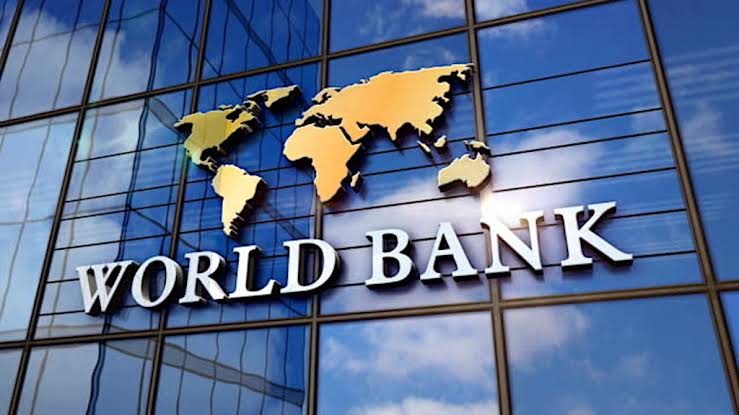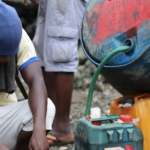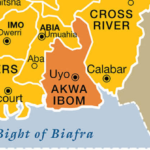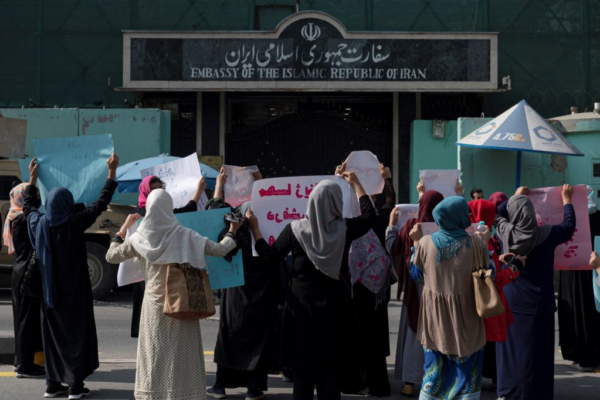World Bank Warns Nigerian Government: Subsidy Removal Could Spike Poverty Rate to 101 Million
The World Bank has issued a sobering report revealing that Nigeria is currently grappling with one of the highest inflation rates in the world, which has had dire consequences for its population. Between January and May of this year alone, an estimated four million people in the country have been plunged into poverty, according to the latest edition of the Nigeria Development Update launched in Abuja on Tuesday.The World Bank, based in Washington, D.C., further projected that if the Nigerian government fails to provide compensation or palliatives to those affected by the removal of fuel subsidies, an additional 7.1 million people could fall into poverty. Data from the World Bank indicates that as of the beginning of this year, a staggering 89.8 million Nigerians were already living below the poverty line. With the recent increase in poverty, the figure now stands at approximately 93.8 million people. If no mitigating measures are taken, the number could climb to a distressing 100.9 million by the end of this year.The Nigeria Development Update report by the World Bank highlighted that the surge in inflation, reaching a 17-year high, can be attributed to several factors, including the Central Bank of Nigeria’s funding of the budget deficit, multiple exchange rates, currency devaluation, and trade restrictions. The report emphasized the urgent need for reform efforts to address Nigeria’s fiscal imbalance and curb inflation.”Inflation in Nigeria has been high for many years due to structural factors, but it escalated in 2022, to the point where consumer prices increased at their fastest pace for 17 years,” the report stated. It noted that inflation continued to accelerate in 2023, with the consumer price index rising by 22.4 percent year-on-year in May. The report attributed the persistently high inflation to the monetization of the fiscal deficit, multiple exchange rates, devaluation in the parallel market, and intensified trade restrictions, exacerbated by rising global food and energy prices.Although the Central Bank of Nigeria attempted to control rising inflation by increasing the monetary policy rate by 700 basis points, the measures proved ineffective, and loose monetary policy prevailed in the first half of the year. The loss of purchasing power caused by high inflation has resulted in a short-term increase in poverty, forcing an estimated four million Nigerians into poverty between January and May 2023.The National Bureau of Statistics also recently reported that inflation in the country soared to 22.41 percent in May, marking the highest level in nearly two decades. Furthermore, the bureau’s National Multidimensional Poverty Index revealed that 133 million Nigerians are currently experiencing multidimensional poverty, with 63 percent of the population lacking access to essential services such as healthcare, education, adequate living standards, employment, and security.The World Bank warned that the removal of fuel subsidies without adequate compensation poses a significant risk, potentially affecting 7.1 million people. The sudden increase in petrol prices, nearly tripling in response to the subsidy removal, has disproportionately impacted poor and economically vulnerable households. The report noted that 38 percent of the poor and economically insecure households own a motorcycle, while 23 percent rely on generators powered by petrol. Many others rely on petrol-dependent transportation, exacerbating their financial burdens.Without compensation measures, poor households will experience an income loss equivalent to ₦5,700 ($13.8) per month, pushing an additional 7.1 million people into poverty. The World Bank emphasized the necessity of compensating transfers to shield Nigerian households from the initial price shocks resulting from the subsidy reform. It applauded the removal of subsidies and foreign exchange management reforms as crucial steps to rebuild fiscal space and restore macroeconomic stability, but called for comprehensive policy reforms to sustain long-term growth prospects.Various stakeholders, including governors and representatives from international financial institutions, acknowledged the importance of social safety nets, sustained deregulation in the oil sector, and targeted assistance for the poor affected by the reforms. They highlighted the need to address the side effects of these policies, such as rising inflation, and stressed the urgency of tailored macroeconomic policies to curb inflation and ensure stability.As Nigeria faces the challenges posed by these reforms, the World Bank expressed its commitment to supporting the country, citing its status as the largest beneficiary of concessional financing from the institution since February 2020, with over $10.5 billion received. It also disclosed projections that Nigeria stands to save approximately ₦3.9 trillion ($5.1 billion) in 2023 alone due to the removal of fuel subsidies and foreign exchange market reforms, with the total gains expected to reach over ₦21 trillion ($54 billion) between 2023 and 2025.












